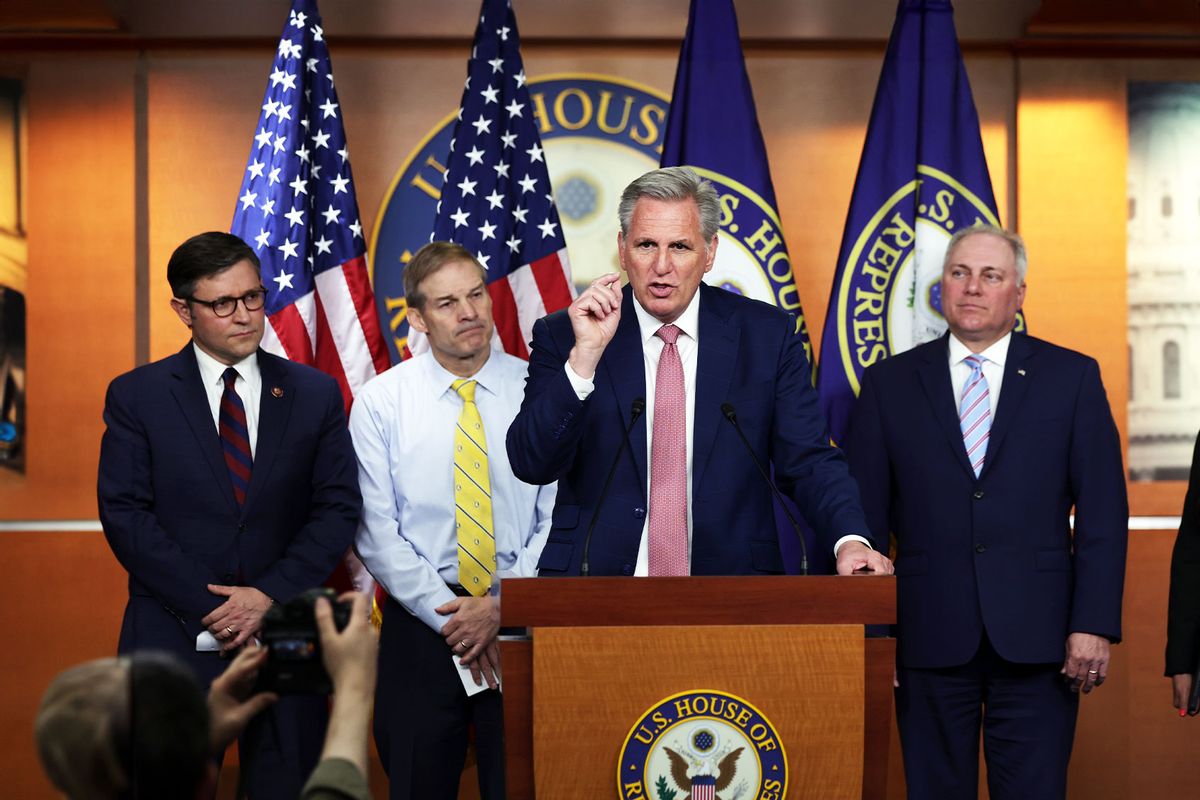Highlights: Democracies get sick and then die from within. One of the main ways that this occurs is when mainstream conservative political parties and movements begin to form alliances with fascist and other authoritarian leaders and forces because of an incorrect belief that the latter can be controlled and used as a weapon against a common enemy on the so-called left.
Conservatism, in most contexts, has a deep and inherent tendency towards authoritarianism and hierarchy. This dynamic is especially pronounced in a society that is undergoing changes that challenge the existing order of things, such as demographics or other challenges to “tradition” and the in-group’s perceived power. “We thought we could control them!” has been the epitaph of many democracies and societies that have succumbed to fascism and other forms of authoritarianism and illiberalism. In many ways, this is the story of how Donald Trump and his neofascist MAGA movement came to dominate today’s Republican Party.
In many ways, the mainstream news media’s coverage of the Republican Party’s struggle to choose a new speaker of the House is a distillation of its larger failures in the Age of Trump. Instead of focusing in on how the various Republican candidates for speaker, both individually and collectively, embody how today’s Republican Party is an existential threat to the country’s multiracial pluralistic democracy, the majority of the coverage defaulted to an inadequate, obsolete and irresponsible narrative that emphasizes the horserace, winners and losers, characters and villains, complete with mockery, inappropriate humor, liberal schadenfreude and gossip.



We should have listened to Clemenza more closely.
https://www.youtube.com/watch?v=EQjMZKOFIkg&t=70
The moment Trump was elected the window on nipping it in the bud closed shut.